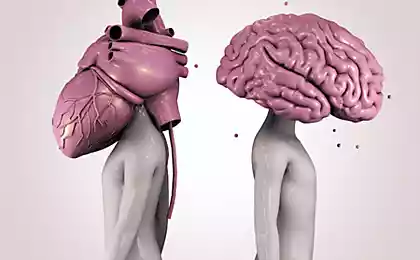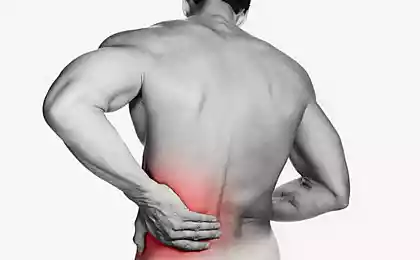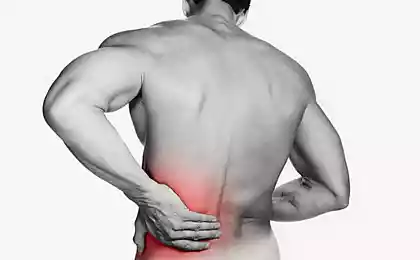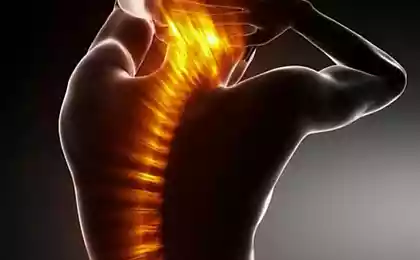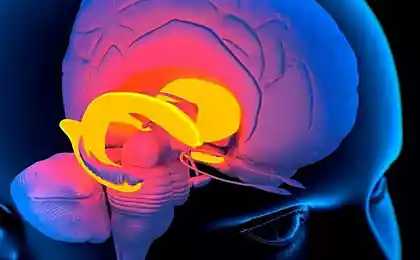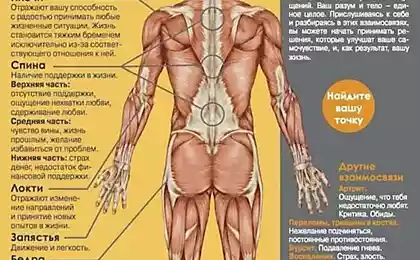1180
Mental distraction blocks pain

Results based on pictures fMRI (functional magnetic resonance imaging) of the spinal cord in high resolution, show that people who experience the painful effects of high temperature during mental distractions, actually did not get a response from the brain to incoming pain signals in the early stages of brain processing .
"These results demonstrate that it is not just a psychological phenomenon, but also an active neural mechanism that reduces the amount of the increase of pain signals from the spinal cord to the brain regions of the highest order," said Christian Sprendzher of the University Medical Center Hamburg-Eppendorf. "These effects are involved in the process of endogenous opiates, which are naturally produced by the brain and play a key role in relieving pain».
The research team asked participants to experience performing light memory task: they demanded that the experimental remember some text and constantly repeated it in his mind, while researchers used a painful exposure to high temperatures to their hands.
When study participants were more distracted by processing the data in the memory of their tasks, they actually feel less pain. In addition, their less painful reflected lower activity in the spinal cord was observed when viewing images fMRI. (FMRI is often used to measure changes in brain activity, Sprendzher explained that recent discoveries in technology have enhanced the tool to use and spinal cord).
Sprendzher and his colleagues repeated the study again, this time giving the participants or a drug called naloxone, which blocks the effects of opioids, or a simple saline infusion. Pain-relieving effects of distraction dropped by 40 percent during the manifestations of opiate antagonists compared with saline - evidence that endogenous opioids play a significant role.
The results show how mental activity can affect change in pain sensation, and they can be of great clinical importance.
"Our findings reinforce the role of cognitive-behavioral therapeutic approaches in the treatment of diseases associated with manifestations of severe pain, as they can show that these approaches may also have the potential to change the basic neuro-biological mechanisms in the spinal cord," the researchers said.
Envy - a natural and necessary mechanism of our brain
The robotic arm controlled by the brain paralyzed man







